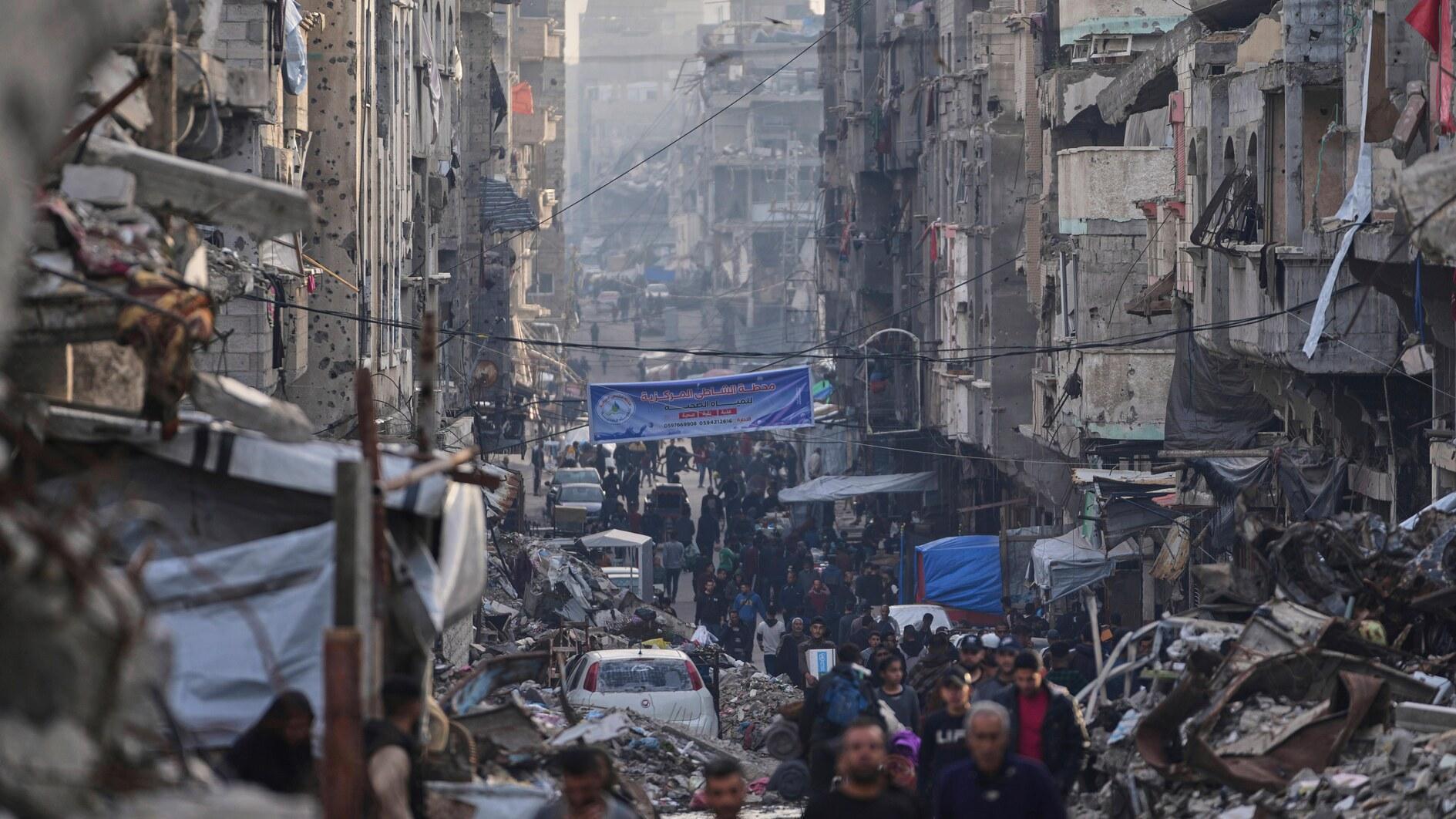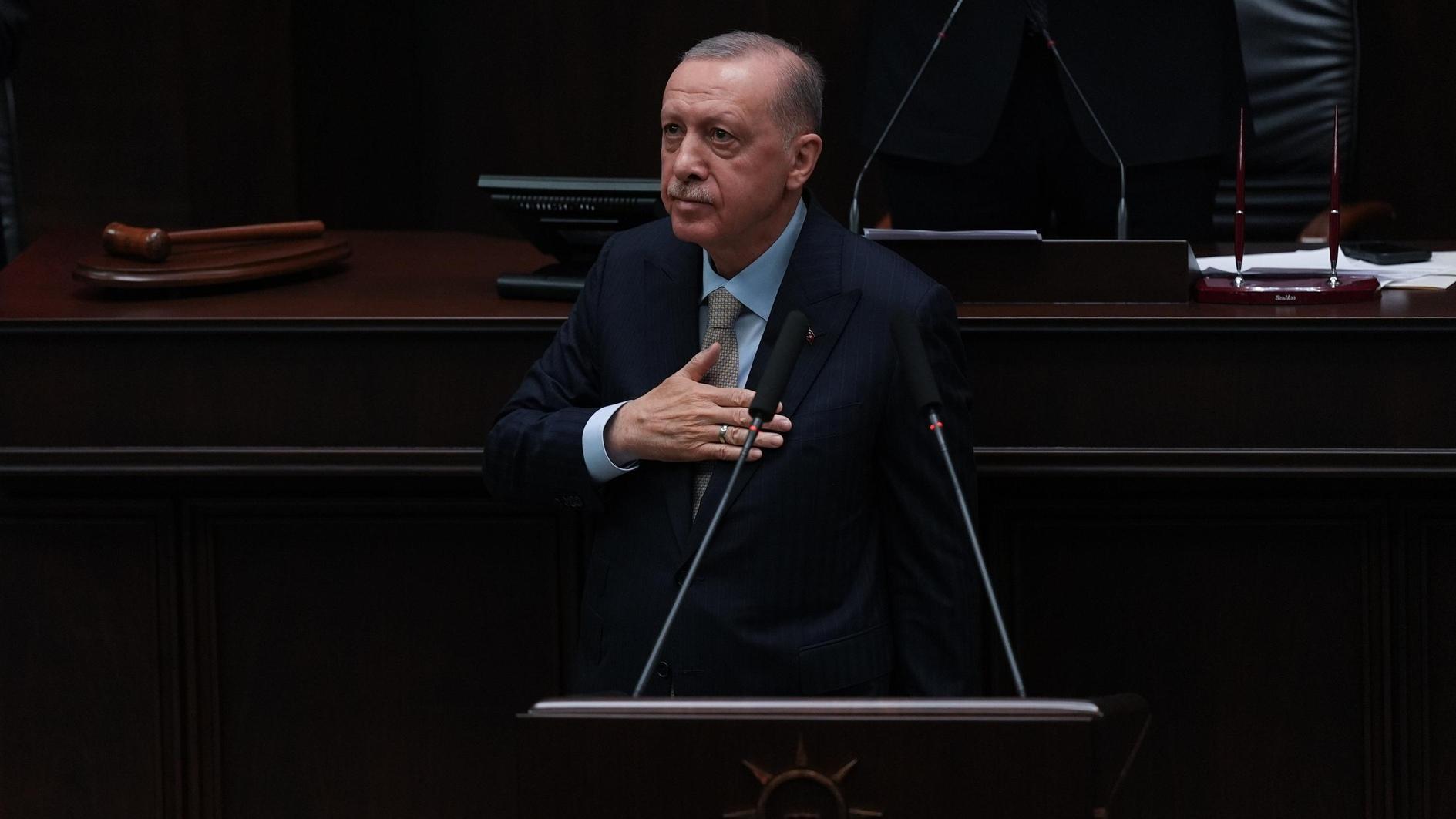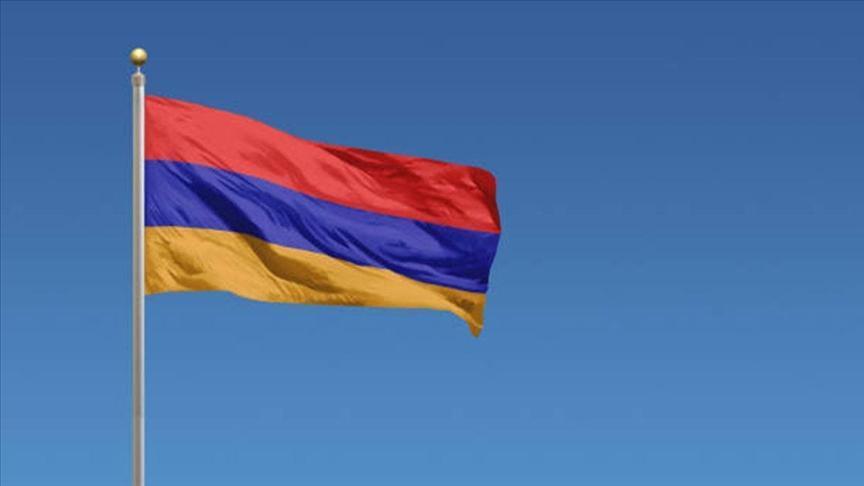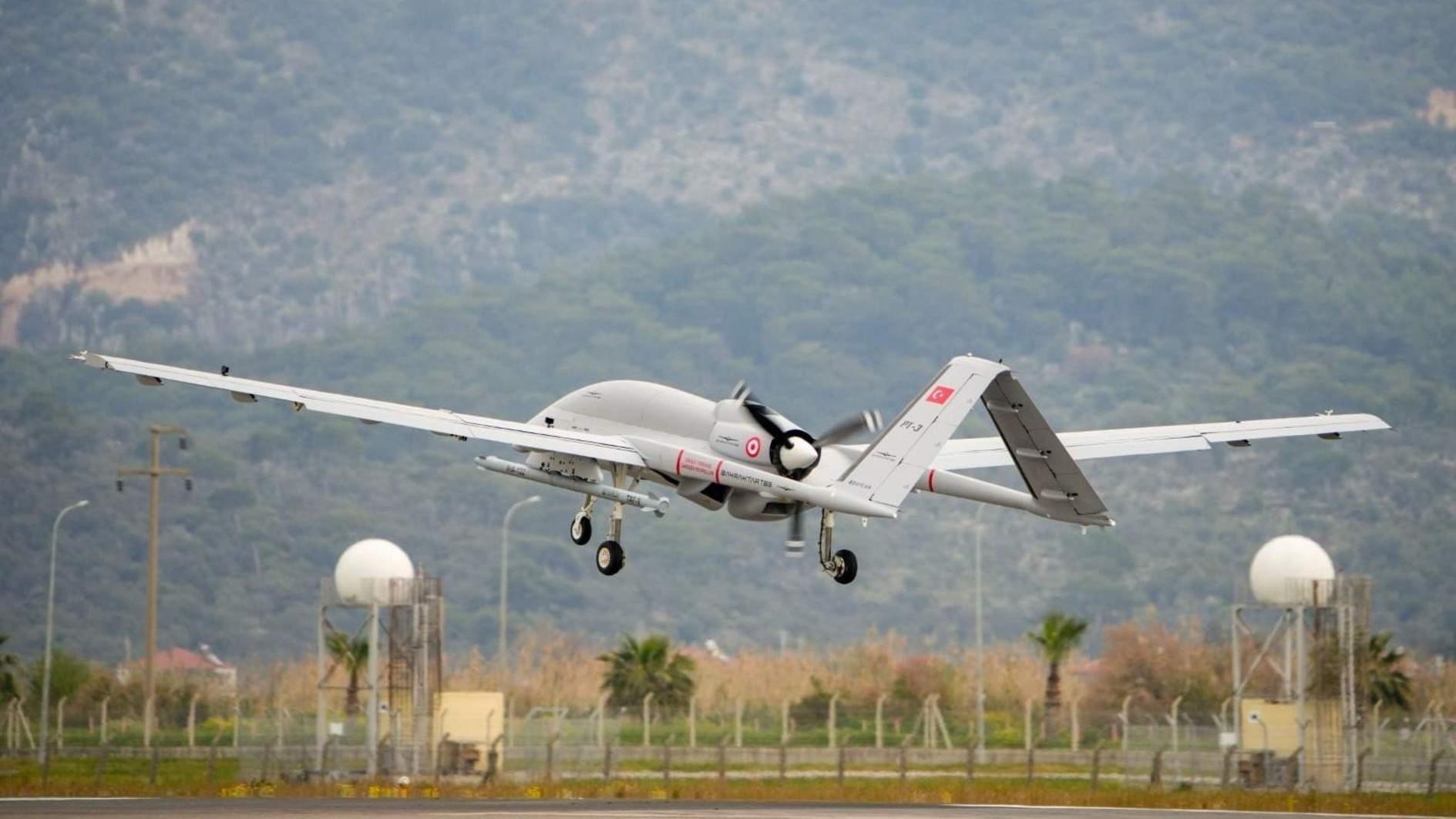Winners and losers in the Syrian crisis
TEMEL İSKİT
The Syrian chemical weapons crisis is under control for the time being. For the implementation of the United States-Russia agreement, Washington wants a United Nations Security Council resolution and, in the event that Bashar al-Assad does not comply with the agreement, an arms sanction. Russia is against this. As a result, it is more likely that a resolution that is not accusatory of al-Assad directly and that does not mention any sanctions will be issued.The most visible result of the crisis is the thwarting of the possibility of a US military intervention and a full consensus on a diplomatic resolution. Kerry and Lavrov have rolled up their sleeves for a “Geneva Two” conference. Despite great hurdles, primarily the issue of representation, and the slim chances of relevant parties convening any tiem soon, the conference, nevertheless, is a hope.
As in any international development, this crisis included, there are winners and losers.
The most successful of the lot is Russia. It played the starring role in the resolution of the crisis. It saved its ally al-Assad from the US’s air campaign. It hampered his being held responsible for the Guta massacre. It has elevated the Syrian dictator to the level of an interlocutor. It has confirmed that Moscow is as effective of player as the Washington is in the Middle East. It looks as if it is able to direct the UN Security Council to whichever direction it wishes with its veto power.
Bashar al-Assad has certainly won. The US intervention is out of the agenda. His merciless leading role in the civil war has become of secondary importance. He guaranteed the extension of his rule for at least another year. Now, he is mentioning ceasefire, trying to create a reconciliatory image. He is after gaining points before a possible “Geneva Two.”
Iran has also won. It did not lose its ally al-Assad. Its active interference in the civil war through Hezbollah is almost forgotten. Now, it has gained enough credibility to present itself as a mediator.
With Ruhani’s coming into power, it is on the agenda that Iran commences dialogue with the US to discuss issues including Syria, and increases its influence in the region.
The USA is has really gained at first glance. Obama has so far conveyed a hesitant image. It was assessed as a mistake that he sought the approval of the Congress. An image emerged as if he lost the initiative to Russia in the crisis. Despite that, he was saved from a loss in Congress that might have also affected domestic politics and from making a decision contrary to public disposition. Also, while both of these are points in favor of the U.S., the Syrian regime has accepted for the first time that it possessed these kinds of weapons and Russia is sharing the responsibility of destroying al-Assad’s chemical weapons.
The United Kingdom and France have staged unsuccessful performances, even though they secondary acting roles. In both countries, while the governments tried to support the US, they were unable to manage their people’s anti-war sentiment effectively.
The Syrian armed opposition has lost. Groups such as the Free Syrian Army, with the exception of the extreme Islamists, who counted on the U.S. intervention, were disappointed. Also, the disunity of the armed opposition, moreover the fact that they are fighting each other, and the savagery of the jihadists, all benefit al-Assad.
Indeed, the real loser is the people of Syria. The U.S.-Russian consensus does not stop the civil war. The biggest man-made disaster of recent history is continuing.
And the loser is Turkey; the ruling Justice and Development Party (AKP) government, which has tried every way including military intervention to topple al-Assad, has been utterly disappointed. The prime minister, Davutoğlu and Arınç have shifted between anger and sadness in their statements. The reason is obvious. Al Assad’s win has become the government’s loss. Whatever Turkey aimed for did not happen. While it is has been affected in the first degree from the Syrian civil war, while it is a country “on the front line”, experiencing clashes on and violations of its borders every day, it continues to stay out of the game.
It is not easy after so many mistakes but for us to get out of this dilemma, Erdoğan and Davutoğlu should thoroughly review their Syrian politics and try to mediate to achieve peace instead of war.
Temel İskit is a columnist for daily Taraf in which this piece was published on Sept 24. It was translated into English by the Daily News staff.











